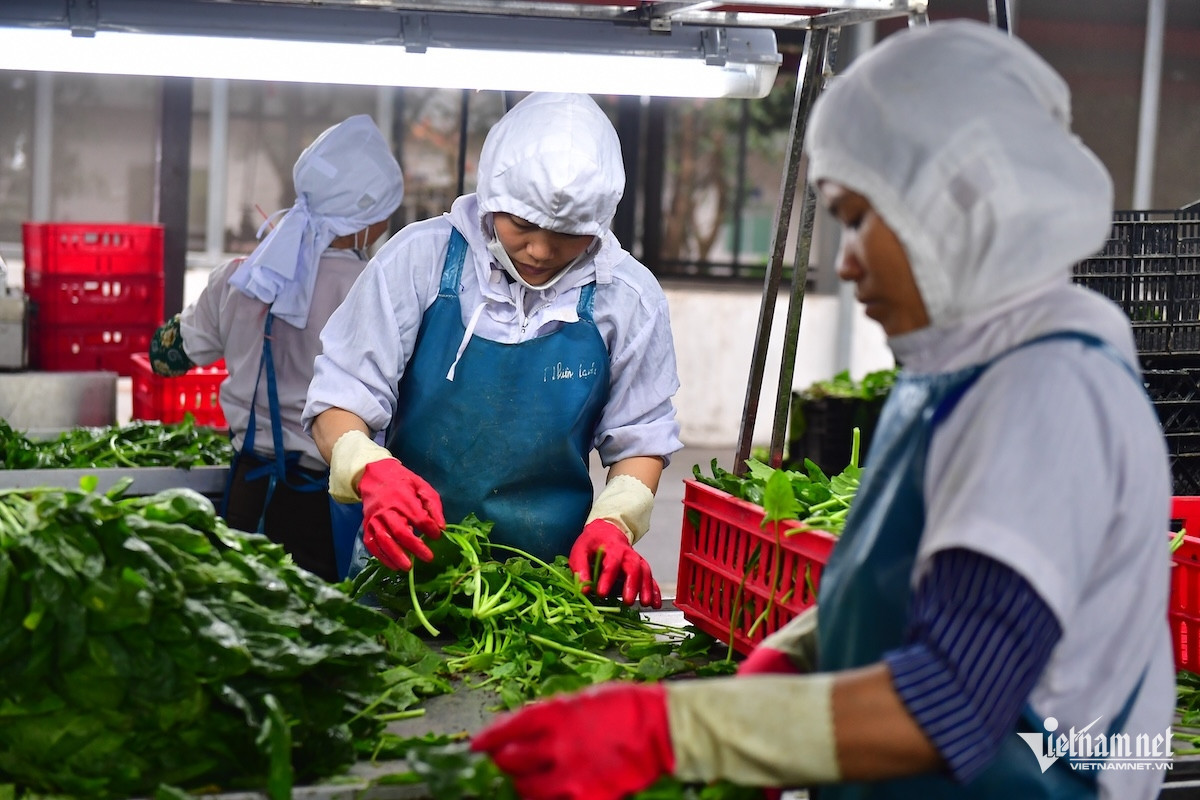On April 22, Prime Minister Pham Minh Chinh issued Directive No. 47 to ministries, agencies, and local authorities, outlining urgent measures to stimulate economic growth in 2025.
A key priority of the directive is expanding support to industries impacted by retaliatory tariffs imposed by the United States, particularly in timber, seafood, and wood product sectors.
The directive comes in the context of heightened global economic uncertainty. Geopolitical competition between major powers, escalating trade wars, and a dimming global economic outlook have created serious challenges.
As a result, Vietnamese ministries and localities are urged to stay alert and swiftly implement both short- and long-term solutions to cope with new U.S. tariff policies.
Targeted support for affected sectors

The Ministry of Finance has been tasked with completing an assessment within April of the impact of U.S. countervailing tariffs on Vietnamese goods. Based on the findings, the ministry must formulate policies to support affected businesses and workers.
In particular, the Prime Minister directed that the scope and beneficiaries of concessional credit packages be expanded to include all enterprises in the timber, seafood, and wood processing industries suffering from U.S. trade actions.
Public investment and administrative reform
Regarding investment, the Prime Minister emphasized the goal of fully disbursing the 2025 public investment budget while maintaining project quality and transparency. He also stressed the need to promptly discipline underperforming or irresponsible officials.
Additionally, the government has prioritized the swift development of a "National Investment One-Stop Portal," to be completed by May. Provincial versions of the portal are to be rolled out following the establishment of new provincial administrations.
Export and trade priorities
To bolster exports, the Prime Minister instructed ministries to accelerate trade promotion efforts and make full use of the 17 existing free trade agreements. He also urged the initiation of negotiations for new trade deals with high-potential markets in the Middle East, Africa, and Latin America.
The government will develop a detailed negotiation plan with the United States to ensure balanced outcomes. Businesses are to receive increased legal and market information support for international trade and investment. Simultaneously, anti-origin fraud measures will be reviewed and strengthened to ensure compliance and avoid trade sanctions.
Boosting domestic consumption and logistics innovation
To stimulate domestic demand, authorities must implement targeted consumption stimulus measures by region and product category. Stronger enforcement against counterfeit goods, false advertising, and origin fraud is also required to maintain market integrity and ensure the continuous supply of essential goods and energy.
The Prime Minister emphasized the strategic role of innovation and science and technology in driving new growth. Public-private investment models - such as "public investment, private management" and "private investment, public use" - are to be further promoted. Key growth sectors include wholesale and retail, manufacturing, tourism, and logistics.
New logistics and free trade zones
In a notable development, the Prime Minister has requested the establishment of free trade zones in major economic hubs and called for studies on a "duty-free port" model. The goal is to transform Vietnam into a leading logistics center and enhance digital platform-based goods distribution.
The Vinh